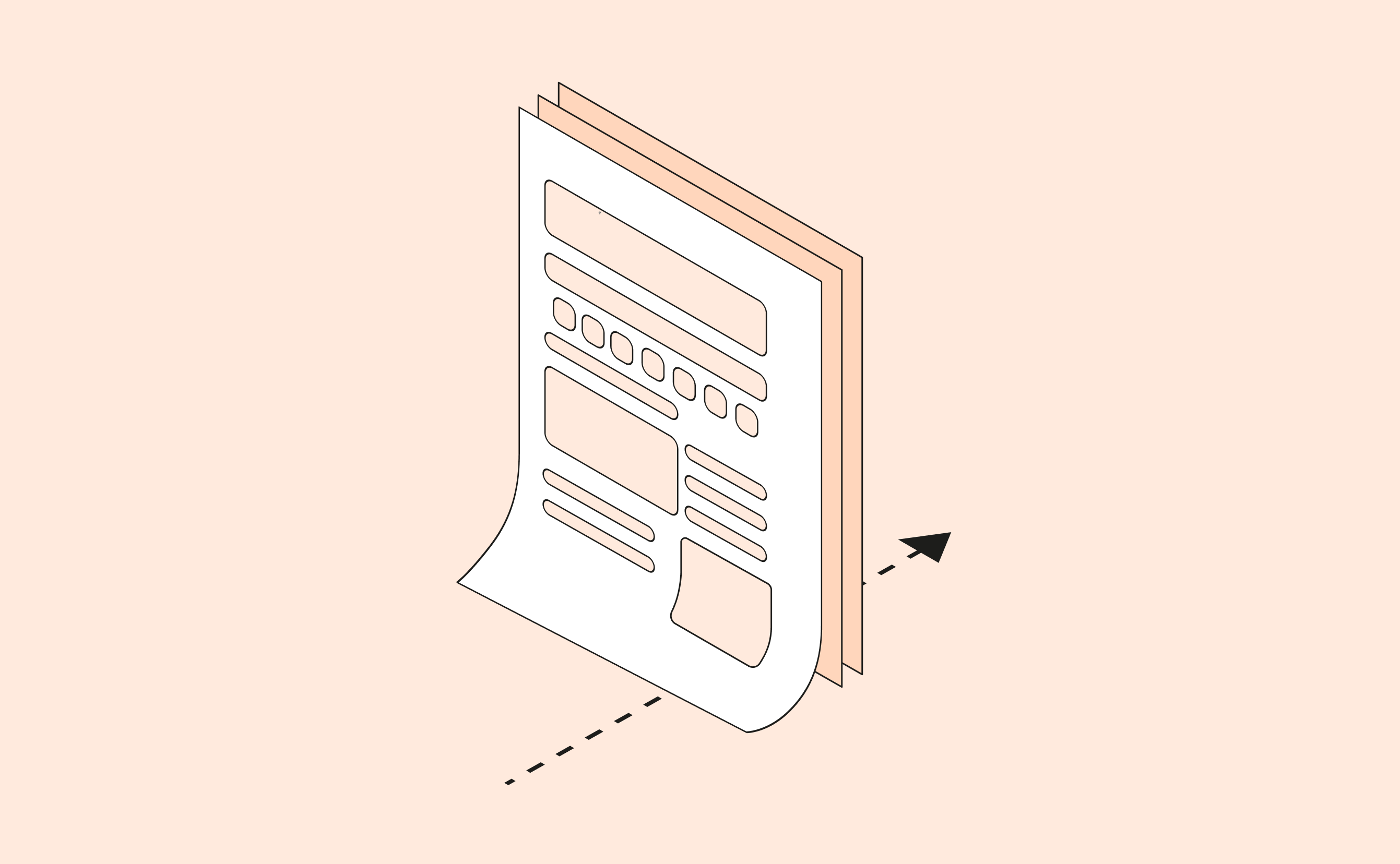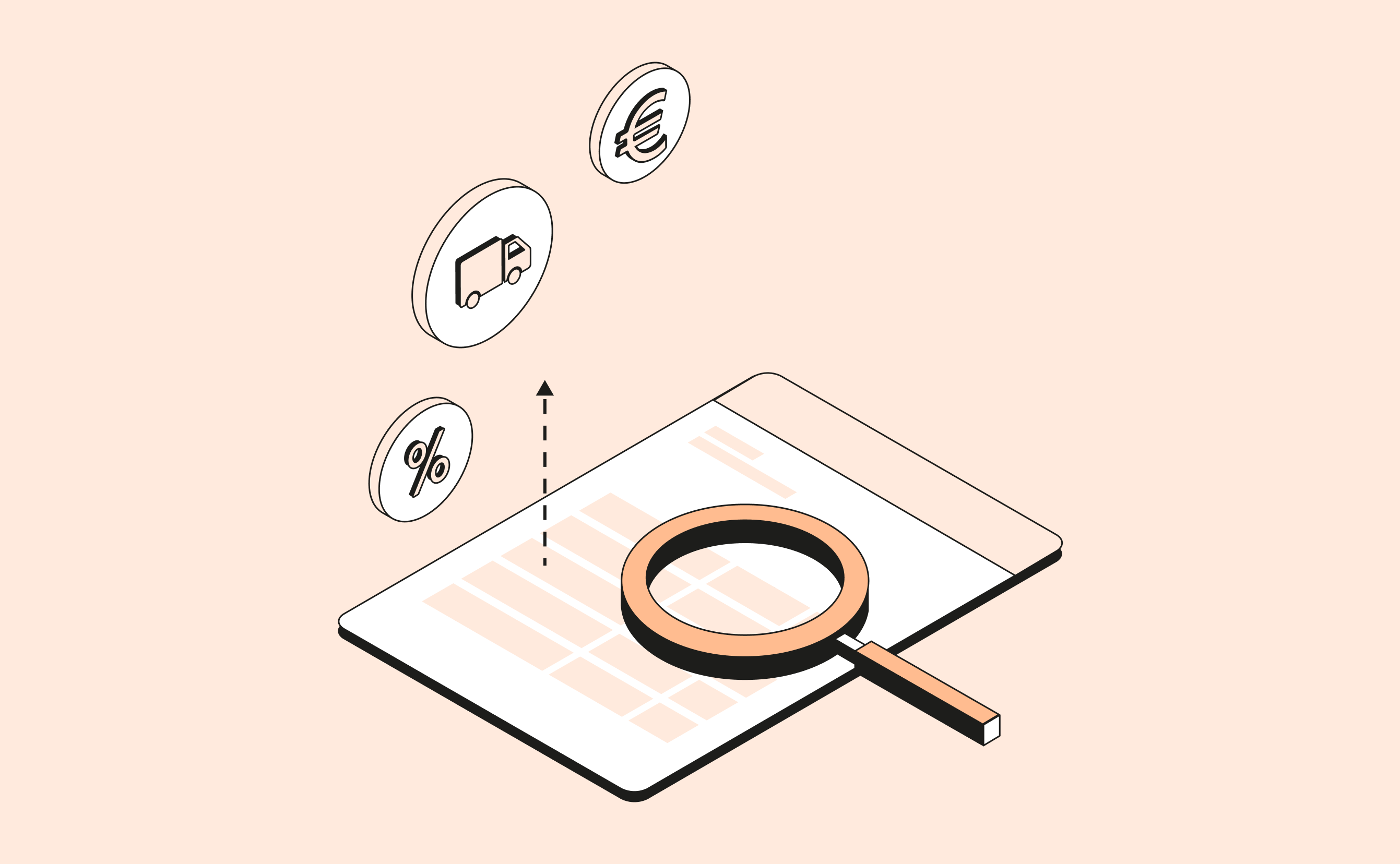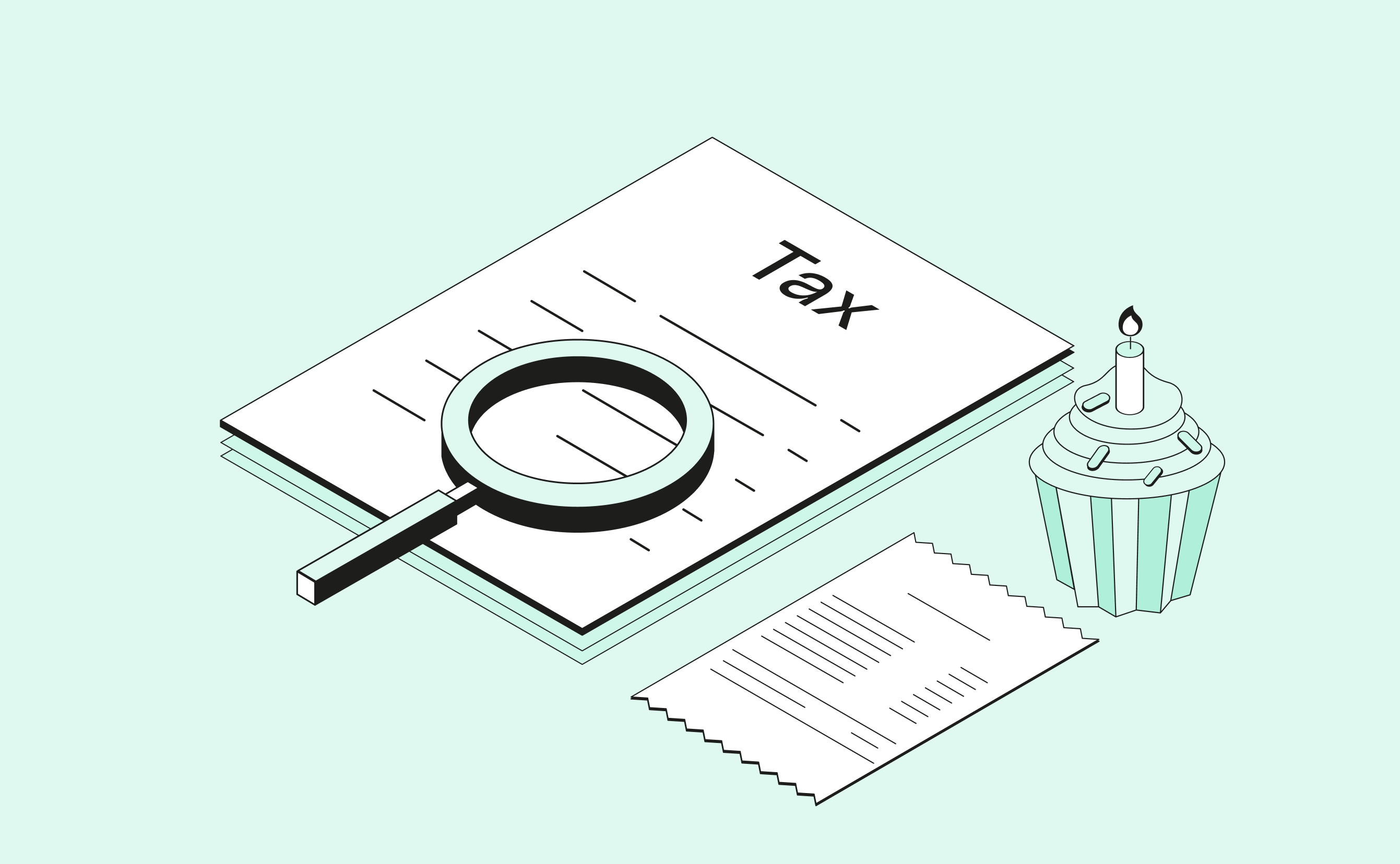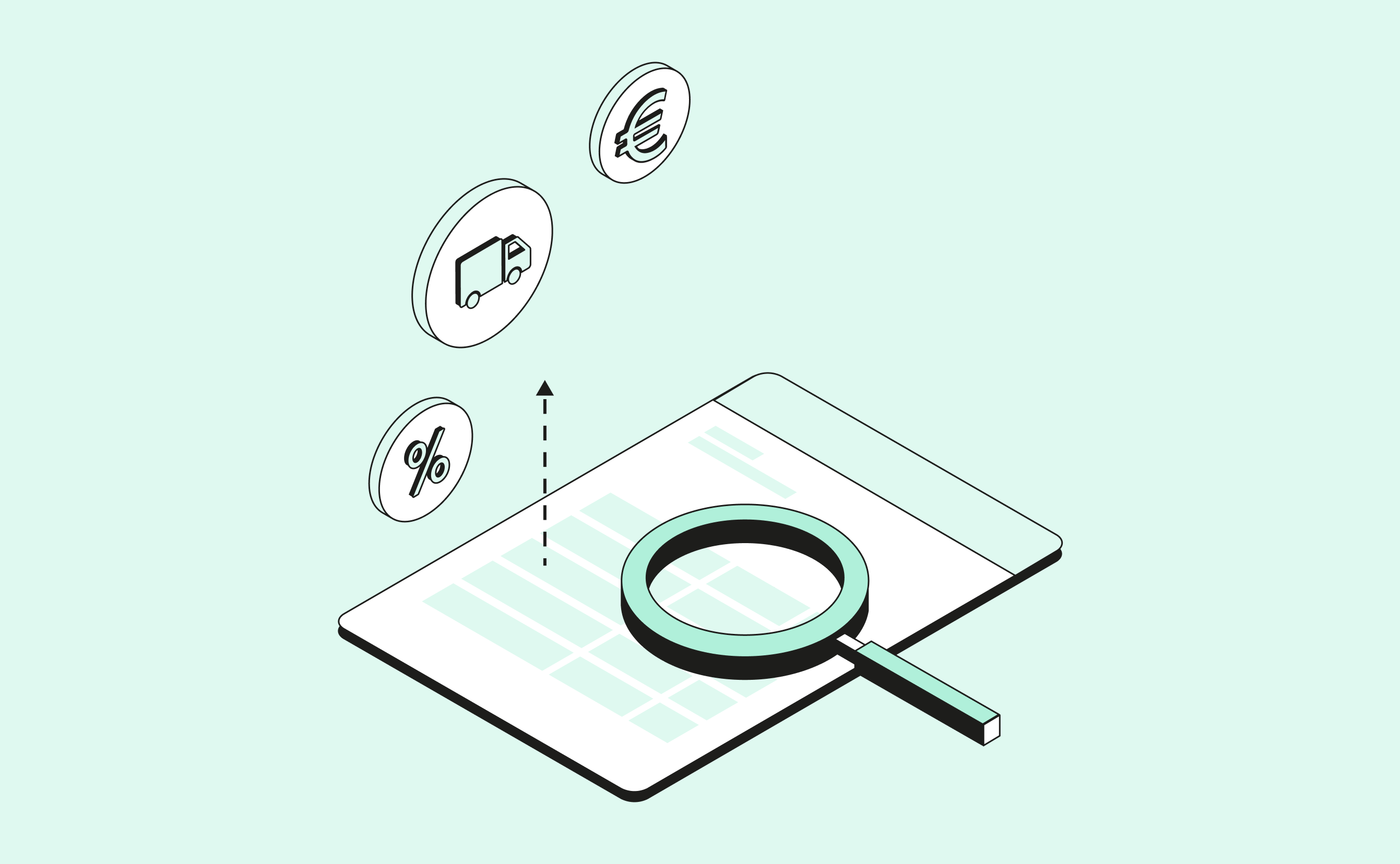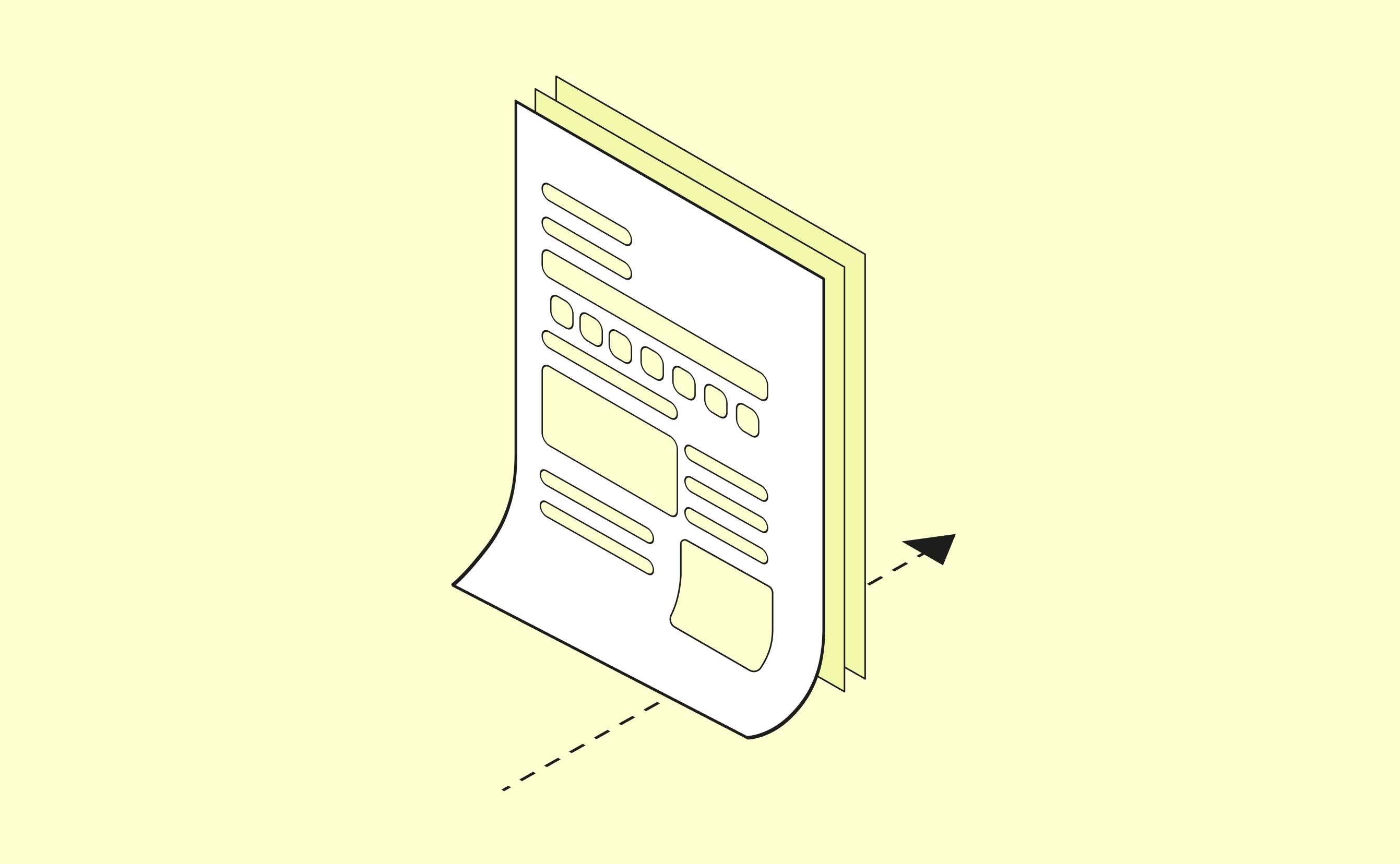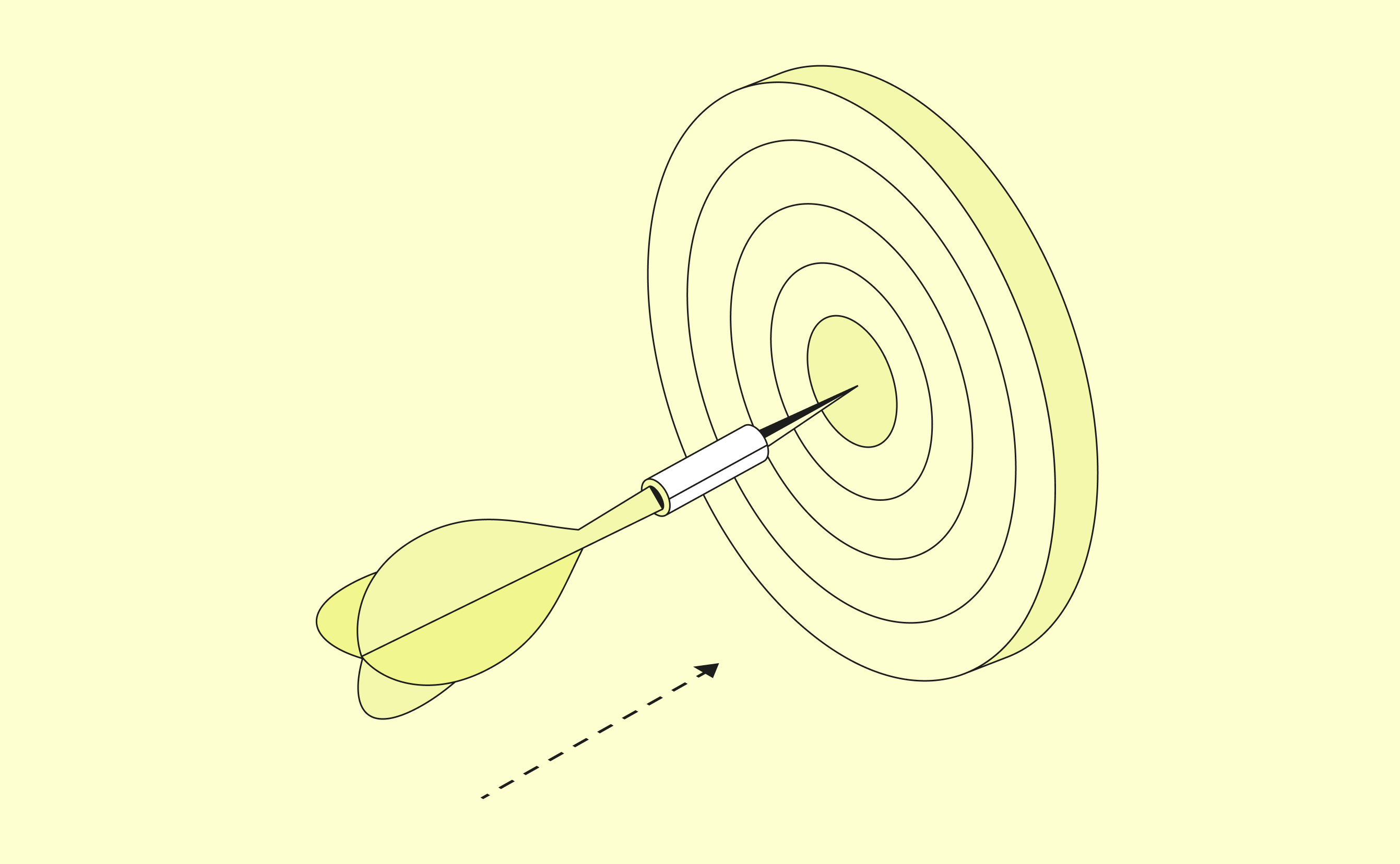If you’re self-employed in Germany, running your own business or as a freelancer, taxes will play an important role in your working life every year. Don’t let this fact of life get you down. While taxes can be confusing and overwhelming, especially if your knowledge of German isn’t up to deciphering complex tax terms, it really is just a step by step process and good organisational skills. Plus, if you handle your taxes well each year you might be pleasantly surprised when you receive your tax return.
Your self-employed tax return in Germany: what you need to know

Registering to pay tax
All workers in Germany, whether employed or self-employed, must first register for their Tax ID or ‘Steueridentifikationsnummer’ (Steuer-ID). Do this at your local Finanzamt. Once you have your Tax ID you can then apply through ELSTER for your tax number, which will enable you to pay income tax and file a tax return
How taxes work in Germany for the self-employed
In Germany, you are taxed between 14% and 45% of your income, depending on which income bracket you belong to. These are the income tax percentage rates:
- Up to €9,744 per year: You are not required to pay income tax
- €9,745 – €57,918 per year: 14% to 42%
- €57,919 – €274,612 per year: 42%
- Over €274,613 per year: 45%
You may also be required to pay VAT (Value Added Tax) or Umsatzsteuer in German. Freelancers offering goods and services must pay VAT. You must charge VAT to your customers and report this sum to your local Finanzamt. You won’t need to pay VAT if, in the first year of business activity, you make less than €22,000 and in the second year less than €50,000.
Who is obliged to do a self-employed tax return?
Single income employees may register with the tax office and submit a tax return if they wish to, however it is not necessary. If you run your own business full or part time however, you will be required to pay income tax (if you exceed the minimum annual income bracket above).
Discover the right business account for your self-employment
Trade tax for the self-employed
Trade tax or ‘Gewerbesteuer’ (GewSt for short) is only required of companies providing goods. If you provide only services with your self-employed activities, you won’t have to worry about this.
Partnership company tax
In cases where two or more freelancers combine activities (called a ‘partnership company’), neither member will be required to pay trade tax regardless of turnover. Income tax however is still deducted from each shareholder’s profits.
Limited partnership
A ‘limited partnership’ is one in which two entrepreneurs or companies combine to run a single company. In these cases, one partner is usually fully liable and the other classed as a limited partner. The limited partner invests but is not participating in the management of the company. Income tax in limited partnerships is calculated by counting the shareholders’ profits and must then be paid directly by the shareholders.
Deductions in your self-employed tax return
Working for yourself, you will inevitably incur costs to keep your business running. To balance things out, you enter deductions into your tax return and will be reimbursed for them later. Your specific deductions will be relevant to the kind of business you run and activities you perform. Common criteria for deductions include:
- Travel expenses (commuting, work trips overseas)
- Website costs (regular fees for hosting a URL)
- Phone and internet bills
- Trainings (extra courses you take to better your skills)
Self-employed tax return deadline
Your income tax return is due 31 July of the following year. So your 2021 tax return is due 31.07.2022. This deadline may be extended due to the COVID pandemic, which has caused the need for some leniency.
Where to find the form
Germany’s tax organisations use the online digital tax service ELSTER. As a self-employed person, you can apply for your Steuernummer (tax number), as long as you already have your Tax ID number (as above).
Getting help on your self-employed tax return
Despite online platforms like ELSTER which streamline the process, doing your taxes is still a complicated process for many, especially those not confident with their German speaking skills.
Fortunately, there are many more resources for you to complete your self-employed tax return in both English and German. Some of these resources, but not all, have fees attached.
Tax consultants
A tax consultant or ‘Steuerberater’ is a great idea for self-employed persons, especially if you are entering your first few years of business activity. Paying to have a tax consultant go through your taxes with you may reveal to you deductions you didn’t know you could make, among many other tax tidbits only the professionals are privy to.
Self education
The more self-taught and financially literate you are about your taxes, the better, especially if you’re self-employed. There are many available resources online—videos, courses, reading materials, both online and offline—with which you can choose to educate yourself. The majority of these will be free of charge, however more in-depth courses with student engagement may cost money.
English resources
There are always more English speakers moving to Germany. Many will not have the time to learn the language but will still want to follow their dream of getting their business off the ground in a country with a high number of successful small to medium businesses and good conditions for freelancers.
Bundeszentralamt für Steuern – the Federal Central Tax Office
Visit your city’s BZSt for concerns on tax audits and issues of fraud. This organisation is German only so be sure to visit with a translator or German-speaking friend if you need.
Deutscher Steuerberaterverband – Germany’s association of tax advisors
Consult the DSTV to find Germany’s association of approved, professional tax advisors. With the right credentials and legally binding responsibility to help those in Germany with their taxes, this is an excellent resource for anyone running their own business who needs to do their taxes right.
Your local tax office
Your local tax office is always suited to solve issues concerning your municipality. Go to the BZSt to locate your tax office or ‘Finanzamt’ and consult them on vehicle and property issues.
It’s no secret that your self-employed tax return is going to be more of a challenge than a tax return for the average employee. But ‘challenge’ does not mean impossible. Make sure you follow the right steps and take advantage of all the resources available to you, especially if German is not your first language. Taxes are something we could all use a little help with. Thankfully, there’s plenty of help going around.
- Before registering for your self-employed tax return, you must register for a Steuer-ID
- In Germany your income tax depends on how much you earn
- The majority of self-employed workers are required to submit a tax return
- Trade tax is only required for self-employed workers providing goods
- Learn about all the appropriate deductions you can make
- Register to do your taxes with ELSTER
- Take advantage of the many (English and German) resources available)
